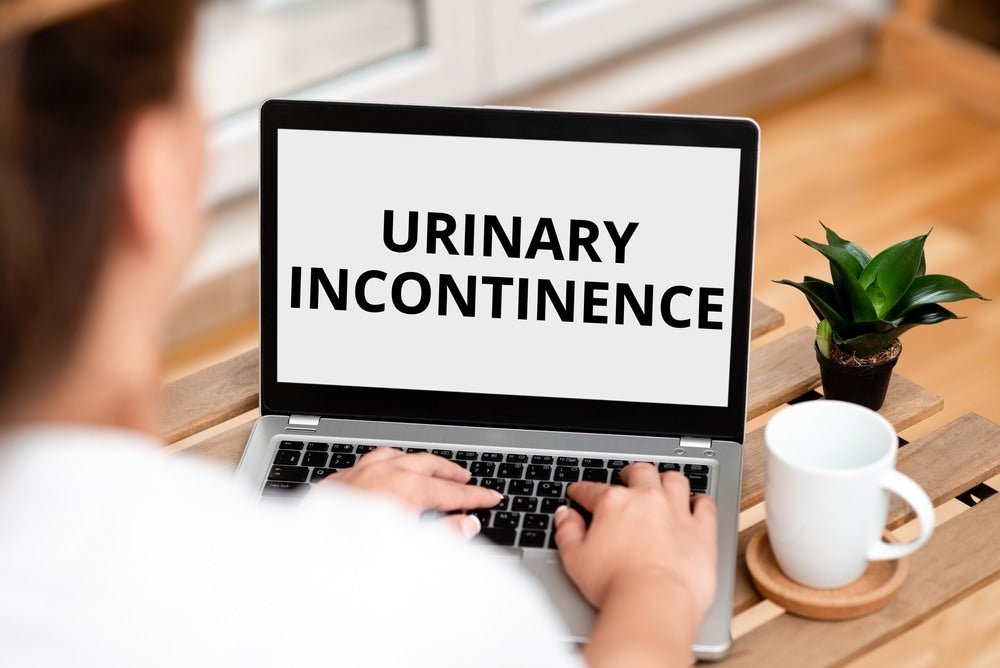Stress has a significant impact on overall health, but its connection to male urinary incontinence is often overlooked. While many associate incontinence with aging or medical conditions, stress can also be a contributing factor.
The pressures of demanding jobs, long hours, and high expectations can affect physical and mental well-being, potentially affecting bladder control.
Understanding the link between work stress and male incontinence can help in finding effective solutions to manage symptoms and improve quality of life.
The Link Between Stress and Male Incontinence
Stress triggers physiological responses, including increased heart rate, muscle tension, and hormone fluctuations. Chronic stress can lead to heightened inflammation, impaired immune function, and disruptions in nervous system activity, all of which may contribute to urinary issues.
One of the primary ways stress affects bladder control is through the pelvic floor muscles. When the body is under constant stress, these muscles tense, making controlling urination difficult.
Additionally, stress can exacerbate conditions such as overactive bladder or urge incontinence, making it more difficult for men to manage their symptoms effectively.
How Workplace Stress Contributes to Incontinence
For many men, work is a primary source of stress. Tight deadlines, demanding workloads, and job insecurity can create chronic stress, which may increase the likelihood of developing incontinence symptoms.
Stress-related habits, such as excessive caffeine consumption, dehydration, or irregular bathroom breaks, can further aggravate bladder problems.
Sitting for extended periods, common in office environments, can weaken pelvic floor muscles over time, leading to decreased bladder control. In physically demanding jobs, heavy lifting and strenuous activity can put additional pressure on the bladder, increasing the risk of leakage.
Managing Stress to Improve Bladder Control
Addressing stress is an important step in managing male incontinence. Techniques such as deep breathing exercises, meditation, and regular physical activity can help reduce tension and support overall bladder health. 
Practicing mindfulness at work and taking breaks to stretch or walk can also alleviate some of the physical effects of stress.
A healthy diet plays a crucial role in bladder health as well. Limiting caffeine, alcohol, and highly processed foods can prevent bladder irritation while staying hydrated with water, supporting normal urinary function.
Maintaining a consistent bathroom schedule and avoiding prolonged periods without urination can also help reduce incontinence episodes.
The Role of Male Incontinence Products
For men experiencing bladder leakage due to stress or other underlying conditions, male incontinence products can provide comfort and confidence.
Absorbent pads, protective underwear, and external collection devices offer discreet solutions that allow men to continue their daily routines without interruption.
High-quality male incontinence products are designed to provide maximum protection while remaining comfortable and breathable. Wearing the right products can help manage symptoms effectively, but seeking professional guidance is important if incontinence persists.
Consulting a healthcare provider can help identify any underlying medical conditions and determine the best course of treatment.
Breaking the Stigma
Many men hesitate to discuss incontinence due to embarrassment or stigma. However, male incontinence is more common than most realize, and it is not a condition that should be ignored.
Addressing incontinence's physical and emotional aspects can lead to better management and improved quality of life.
Encouraging open conversations about bladder health in the workplace and at home can reduce the stigma and ensure that men receive the support they need.
Employers can also promote stress management programs, wellness initiatives, and more flexible work arrangements to help employees maintain their health.
Taking Control of Health
While work stress can be a contributing factor to male incontinence, there are effective ways to manage both stress and bladder health.
Lifestyle modifications, stress reduction techniques, and high-quality male incontinence products can help men regain confidence and control.
Recognizing the impact of stress and taking proactive steps to address it can lead to better long-term outcomes for both physical and mental well-being.
For those experiencing symptoms, exploring available solutions and seeking professional advice can make a significant difference. Our company is dedicated to providing reliable male incontinence products that offer comfort, protection, and peace of mind.
With the right approach, men can take control of their health and live without the limitations of bladder concerns. Contact us to learn more.



Share:
Male Incontinence: A Silent Struggle
The Importance of Managing Male Incontinence for Overall Health